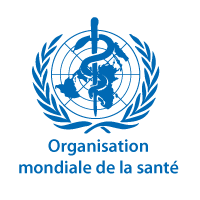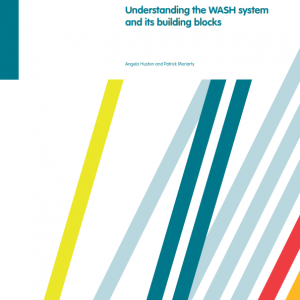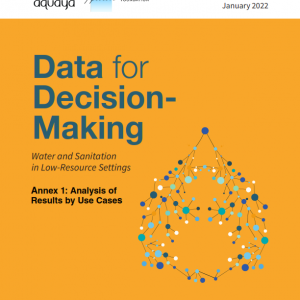Description
MEETING THE MDG DRINKING WATER AND SANITATION THE URBAN AND RURAL CHALLENGE OF THE DECADE
Safe drinking water, sanitation and good hygiene are fundamental to health, survival, growth and development. However, these basic necessities are still a luxury for many of the world’s poor people. Over 1.1 billion of our fellow citizens do not usedrinking water from improved sources, while 2.6 billion lack basic sanitation. Safe drinking water and basic sanitation are so obviously essential to health that they risk being taken for granted. Efforts to prevent death from diarrhoea or to reduce the burden of such diseases as ascaris, dracunculiasis, hookworm, schistosomiasis and trachoma are doomed to failure unless people have access to safe drinking
water and basic sanitation. Lack of basic sanitation indirectly inhibits the learning abilities of millions of school-aged children who are infested with intestinal worms transmitted through inadequate sanitation facilities and poor hygiene. The Millennium Development Goals (MDGs) have set us on a common course to push back poverty, inequality, hunger and illness. The world has pledged to reduce
by half the proportion of people without sustainable access to safe drinking water and basic sanitation. Entering the International Decade for Action, Water for Life, 2005–2015, this report looks at the challenge of meeting the MDG target for drinking water and sanitation. Achieving the MDG drinking water and sanitation target poses two major challenges: a rapid pace of urbanization, which requires a major effort even to keep up the current coverage levels; a huge backlog of rural people unserved with basic sanitation and safe drinking water, which calls for an intensive mobilization of resources to reduce the vast coverage gap between urban and rural populations. Sub-Saharan Africa remains the area of greatest concern. It is a region of the world where, over the period 1990–2004, the number of people without access to drinking water increased by 23% and the number of people without sanitation increased by over 30%. More intensive, effective and concerted action by all stakeholders is needed if the MDG drinking water and sanitation target is to be
met in this region. We call on all countries to set realistic targets, develop achievable action plans, and allocate the fi nancial and human resources needed to bring safe drinking water and basic sanitation to their populations, in a sustainable manner, while protecting the basic needs of poor and vulnerable people. This effort must be made, not only for humanitarian reasons, but also because it is highly cost-effective, reduces health costs enormously, and is directly related to health, equity and economic growth, which are prerequisites for poverty alleviation.







 AAEA
AAEA AAEA
AAEA
Reviews
There are no reviews yet.